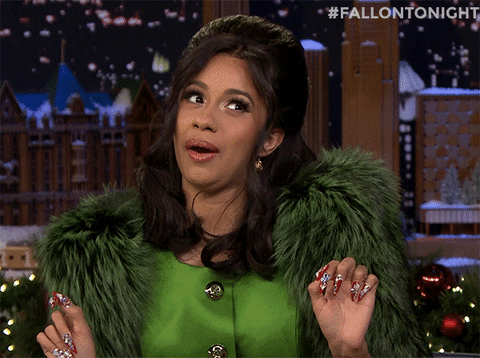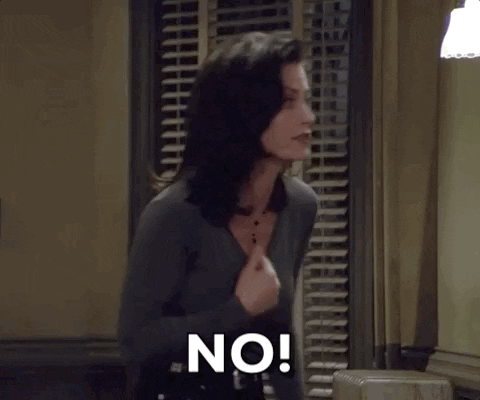As someone who creates original, copyright-protected work on a daily basis, I have always felt queasy about consuming pirated content made by other creatives.
Part of this is my millennial experience of downloading songs through the popular file-sharing platform Limewire in the mid-2000s, files that unbeknownst to my teenage self also packed scores of hidden viruses that slowly but steadily ground not one, but two successive laptops to a halt.
I have been told by many a friend that things are different today and that several services allow one to “safely” illegally stream content nowadays.
But this reassurance has done nothing to address my other, more fundamental concern around consuming creative content through online piracy services.
When I try to explain my own position re: pirated content, people often take it as a value judgement on them. It’s not, and I’ll try to explain that that’s just how I feel.
In return, I’ll often get this “stealing from the rich isn’t really stealing" argument.
I of course know that the largest chunk of the money I pay to access creative content legally (i.e. my Netflix subscription, movie ticket etc.) will go to the big, corporate bozos at the label company, the TV studio or the publisher behind the creators who made the work. I know that the actual creatives who wrote that HBO or BBC show – and though they might not think of themselves as freelancers, they will invariably be self-employed – will be leading very comfortable lives.
Except guess what? Even someone like Michaela Coel had cash flow problems after starring in a successful Netflix show, not to mention the fact that many creatives in Hollywood are underpaid. It’s kind of why they’re all on strike at the moment. (According to U.S. government figures, the average pay for California actors in 2022 was $27.73 (€25.8) per hour 👀 )
Also, I’ve experienced (albeit on a micro level) what it’s like to have others distribute content I made to the general public, without asking me for my permission, let alone compensating me for this.
Every now and then, I'll do a Google search for my own name (don't ask me why) and invariably come across websites that have reposted an entire story I wrote. Some people even have the gall to post PDFs online of !paywalled! stories I wrote, PDFs I sent them as a courtesy after interviewing them. These PDFs all include a line toward the bottom stating that “reproduction or redistribution, in whole or in part, and in any form, without express written permission, is prohibited except as permitted by [my client]. “ (Head explodes.)
Coming across such illegal posts of my own content makes me as furious as it makes me feel powerless.
Although I once heard a copyright lawyer say that I would be well within my right to demand these people compensate me for infringing on my and the publisher's copyright, I have never done this. It's too much effort for what I imagine will be a very low return, or total silence.
Except for a few weeks ago, that is, when I saw a LinkedIn post that had almost entirely reproduced an article I wrote without properly crediting me. Although this wasn’t a paywalled article, the post was far too long and leaned too closely to my own story, and it had very clearly been written with the sole goal of attracting traffic to the poster’s own website, a website whose business model seemed to revolve around convincing freelancers to take out a paid membership.
I’ve hinted before that I’m no fan of the massive freelance industrial complex that has developed over the last few years, and finding out that someone had appropriated a service journalism story I wrote on how to get better at negotiating contract terms as a freelancer, to make money off of other freelancers …
So, I took a deep breath, emailed the offender and asked them to modify the post or take it down. They immediately modified it, hurray!
And maybe one day I’ll get round to emailing all the folks that find it OK to distribute copyright-protected content I made that is not theirs to distribute.
My work might not be shown on a big screen, or be desirable enough for millions of people to try to bypass a paywall to read it, but I have rights, dang it!
And so do the Michaela Coels of this world.
And the fact of the matter is that a show like I May Destroy You could only be made because of her genius, yes, but also because of the huge corporate apparatus of the two networks that coproduced it, BBC One and HBO, which are funded by television licence fees and cable subscriptions fees respectively.
That’s why I don’t do pirated content. Because I want to keep funding the infrastructure, warts and all, that makes it possible for a show like that to be made.
I’d be really curious to hear if you’ve experienced situations like this, particularly if you’re a graphic designer, photographer or videographer. What did you do when you discovered that someone else had reproduced your work without your permission? Do you have advice to fight such copyright infringements? Let us know by emailing us at freelancerthefriendly@gmail.com or commenting on this post on our website.
As always, if you’re able to, we could use your financial support. You can buy us a €3 virtual coffee by heading to our Ko-fi page. It really helps to keep this newsletter going.
Take care,
Linda
What I’m watching, reading, listening to this week:
For more on the measly wages many creatives in Hollywood make, check out this episode of Into It, a Vulture podcast I love.
For more on how consuming pirated content hurts creators and creative industries, why not check out Interpol’s info page on the topic?
And if you’re a journalist or writer looking to retain more of your copyright, check out the article I wrote on this topic for IJNet. But maybe, you know, don’t illegally reproduce it on your own website?





